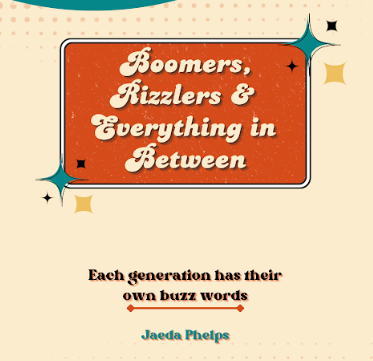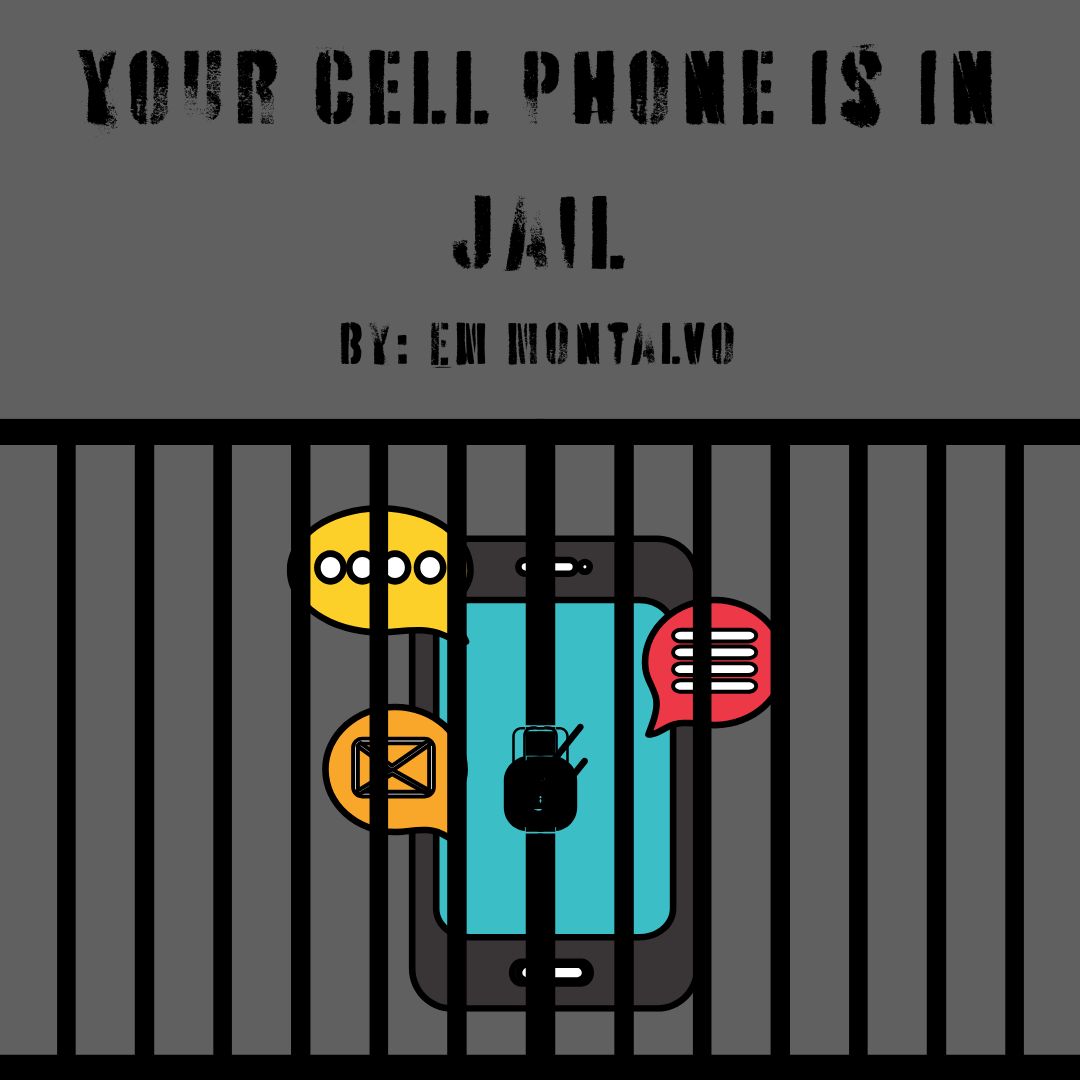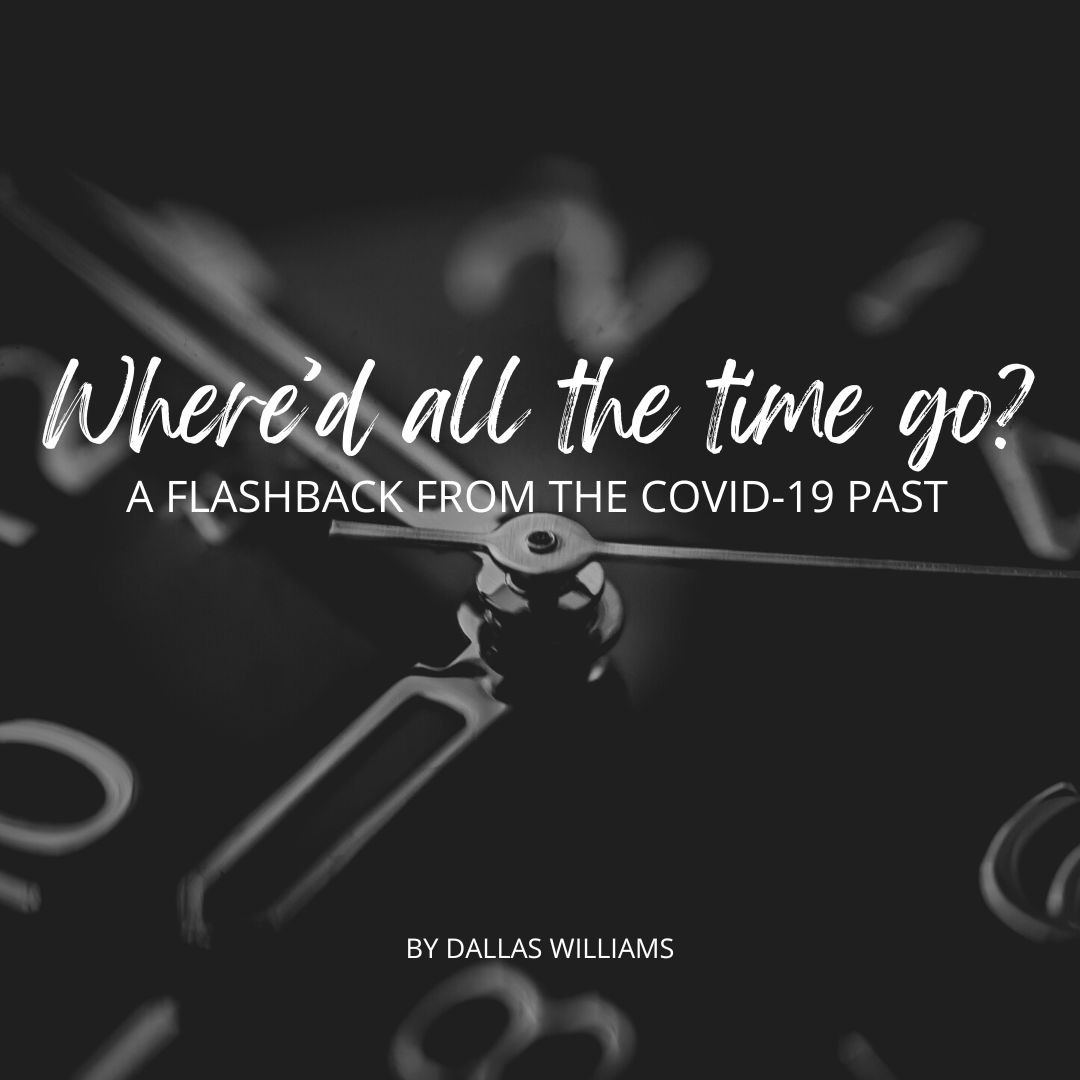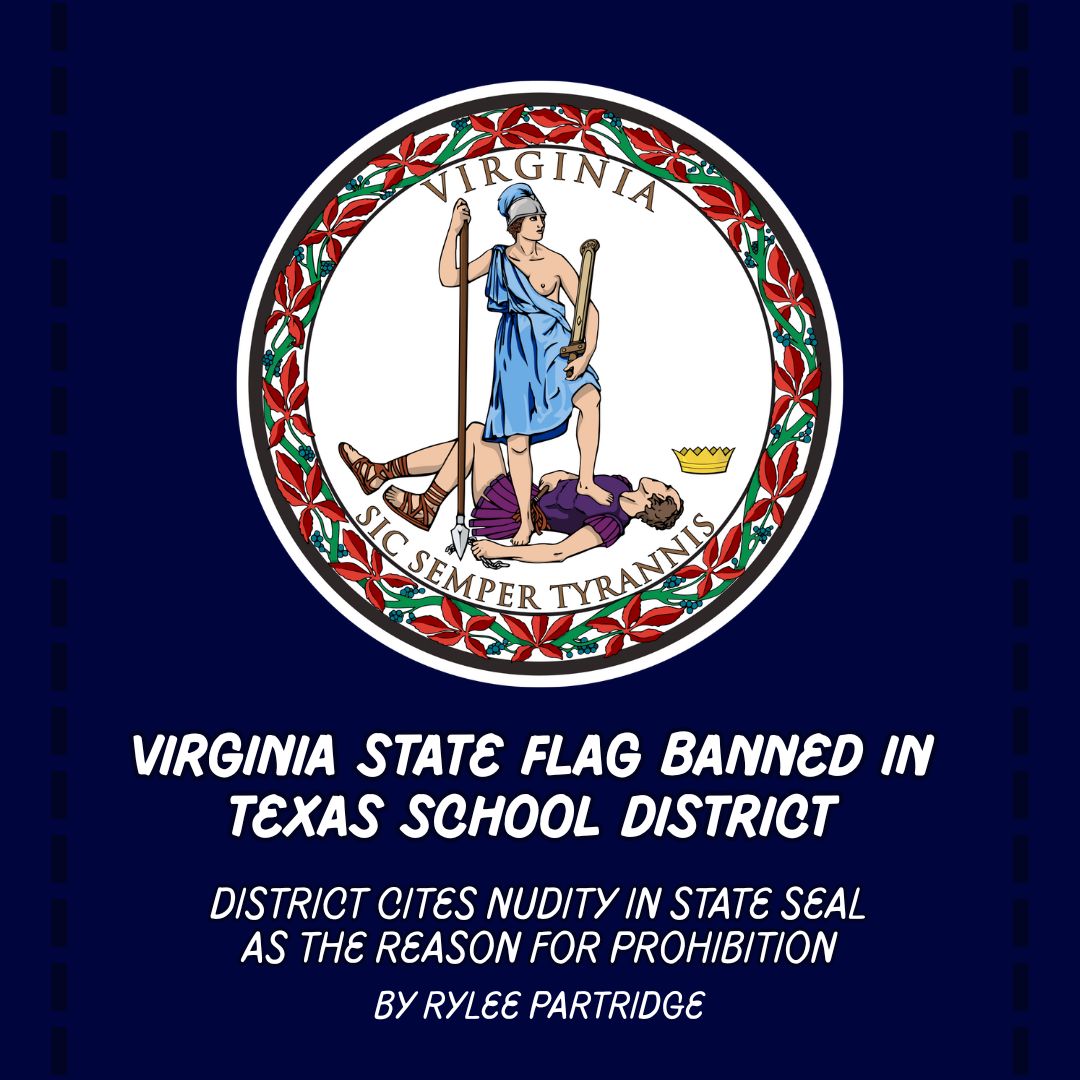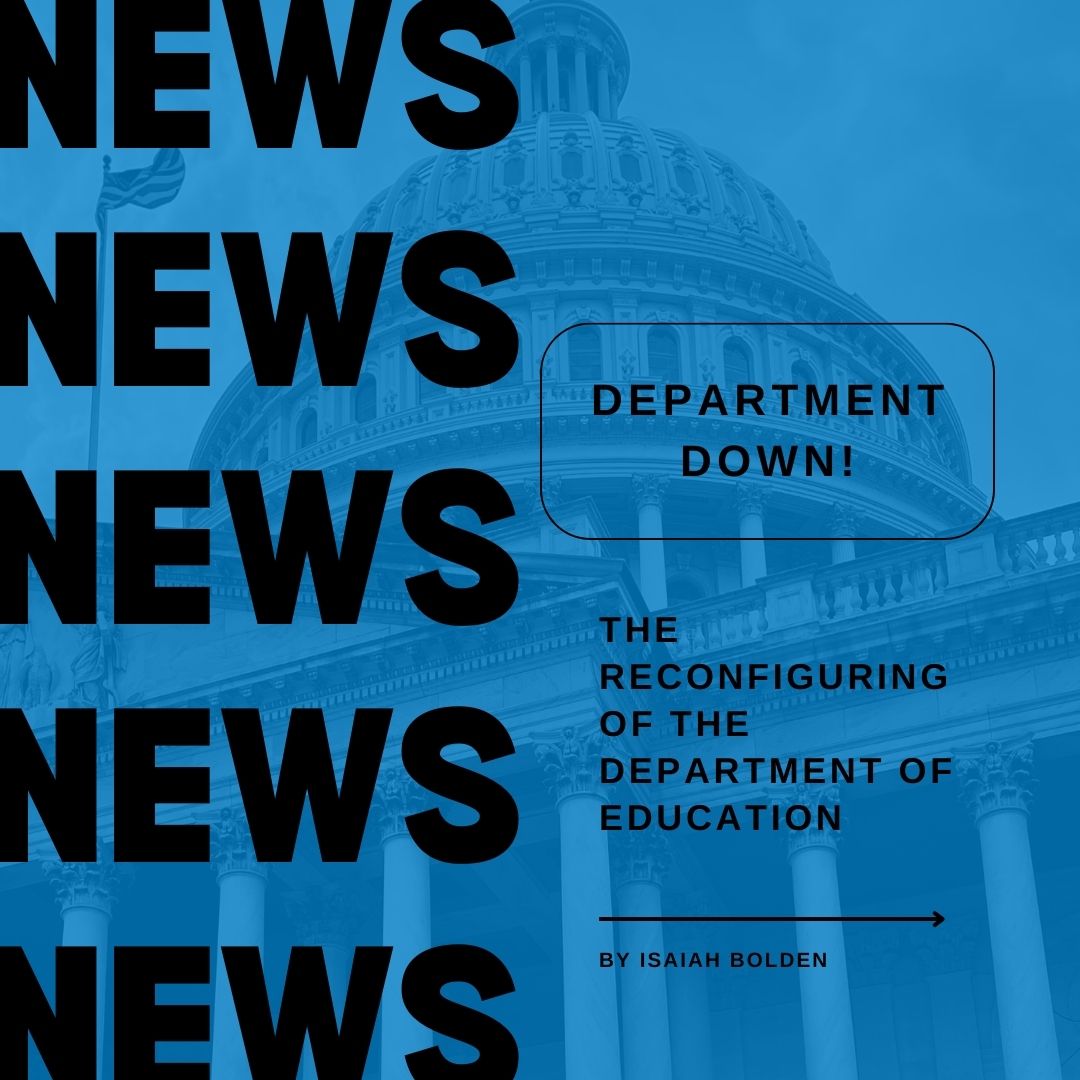In a constantly changing world, trends are also constantly changing. From slinkies to fidget spinners, pagers to cell phones, there are specific words and trends that define an era or generation.
The Boomers lived through the Vietnam War and the Watergate Scandal which had a profound effect on their generation.
“I remember when the first Star Wars was released,” said Baby Boomer and Science Teacher Lizanne Dupont. “It gave a sense of hope even though it was fictional.”
Generation X follows the Boomers chronologically and Science teacher Carol Macdonald recalls the culture icons of her time. Macdonald notes “Clint Eastwood, Mel Gibson, Prince, the GoGo’s, Frank Frazetta [and] The Police” as major influences to those in her generation.

Millennials remember September 11th and were greatly impacted by that tragedy, but they were also the first generation to be introduced to technology at a young age. With that access to technology came the rapid spread of new slang.
“A few slang terms that are an important part of my generation are so fetch, fam, basic, extra, low-key, and adulting,” said Millennial English Teacher Taylor Wallace.

Generation Z was hit hard by COVID because it fell during a pivotal time in their childhood.
Junior Amelia Waldram notes that “things have changed from before Covid.”
“Before [Covid] it was very VSCO,” and then “during [Covid] people didn’t care” and “then after Covid we very much just wanted to be comfortable in our own bodies,” said Waldram.
During and after Covid broader cultural shifts were also occurring, including the evolution of language and slang.
“I do regularly recognise Gen Alpha slang [being] used,” said freshman Phallon Williams. “[Words] such as Alpha, Skibidi, Omega, Beta and more.”
Each generation has its own set of cultural markers and experiences. From the figures and music of Gen X to the slang of Millennials, these differences highlight aspects of social evolution.
